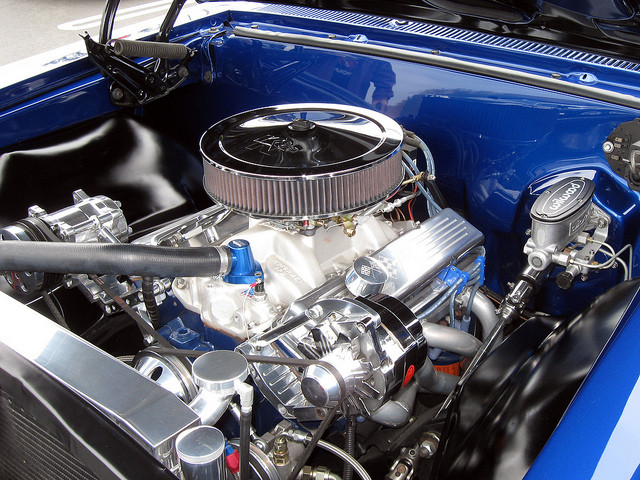The Luxembourg automotive sector houses over 40 companies, employs more than 10,000 people and generates an annual turnover in the region of €1.5 billion. This is a significant contribution to the Luxembourg economy in terms of employment and GDP.
However, traditional business models are being required to change to match the realities of today’s innovation, data-driven and digitalised world, as well as increasing climate-related regulation. How are companies coping? In a series of articles this week, Delano will talk to some of Luxembourg’s key automotive players to discuss their plans on how to adapt and prosper, even lead, going forward. In the meantime, today’s article represents an introduction to the industry in Luxembourg and its key challenges.
Automotive supply chain
The grand duchy’s 40 automotive companies supply components to major car manufacturers throughout Europe. They are, for the most part, what is described as Tier 1 and Tier 2 suppliers meaning that they occupy an important space in the automotive supply chain. Tier 1 companies supply components directly to the car manufacturer and Tier 2 companies supply Tier 1 companies with the products they need.
Luxembourg has become a major centre for such suppliers and includes household names such as Accumalux, Delphi, ELTH, Fanuc Robotics, Goodyear, Guardian Automotive, Hyosung and IEE to mention just a few.
As in other sectors of activity, the automotive industry is facing increased digitalisation. In fact, the recent KPMG Global Automotive Executive Survey 2018 went as far as to say that it is, “lost in translation” somewhere between the traditional automotive and the new digital world.
For the future, the KPMG survey said that, although the car itself will remain the major revenue stream for the industry, auto companies will also need to develop more services and data-driven business models and develop an ecosystem that puts customer service first.
The industry is further challenged to meet the requirements of the European Commission agenda for “Safe, connected and clean mobility.” In his State of the Union address in September last year, commission president Jean-Claude Juncker set out the goal for the EU and industries to become, “a world leader in innovation, digitalisation and decarbonisation.”
To this end, on 17 May, the commission set down its latest mobility agenda to ensure that, “All Europeans benefit from safer traffic, less polluting vehicles and more advanced technological solutions…” Among the items included on this agenda are: “…the first ever CO2 standards for heavy-duty vehicles, a strategic Action Plan for the development and manufacturing of batteries in Europe and a forward-looking strategy on connected and automated mobility.”
Read on this week to see how the industry in Luxembourg is dealing with these items
